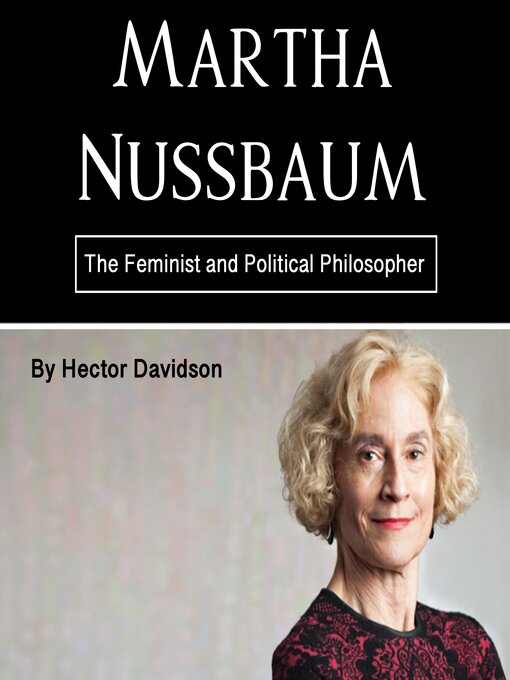Martha Nussbaum is one of the most influential philosophers of our time, particularly known for her contributions to feminist theory, political philosophy, and ethics. A professor at the University of Chicago, her work spans a wide array of topics including justice, human capabilities, human rights, and the role of emotions in moral decision-making. Nussbaum's ideas have significantly impacted both academic philosophy and practical policy, with her innovative theories offering valuable insights into the intersection of ethics, politics, and human development.
At the heart of Nussbaum's intellectual journey is the development of the capabilities approach, a framework she co-created with economist Amartya Sen. This approach is centered on the idea that justice should be evaluated based on individuals' abilities to function and achieve various important life goals, rather than simply on income or wealth. The capabilities approach emphasizes human dignity and focuses on the conditions that allow people to live lives they have reason to value. It challenges traditional views of social justice by broadening the scope of what constitutes a flourishing life beyond mere economic success.
Nussbaum's feminist philosophy is also pivotal in understanding her work. As an advocate for gender equality, she has critiqued traditional philosophical frameworks that have marginalized women's voices and experiences. Her feminist perspective emphasizes the importance of recognizing the diverse and often undervalued roles that women play in society, and she works toward reshaping institutions to ensure that women's capabilities are supported and nurtured. Nussbaum argues that feminism is not just about advocating for women's rights but also about advancing a more inclusive and just society for all people, regardless of gender.
